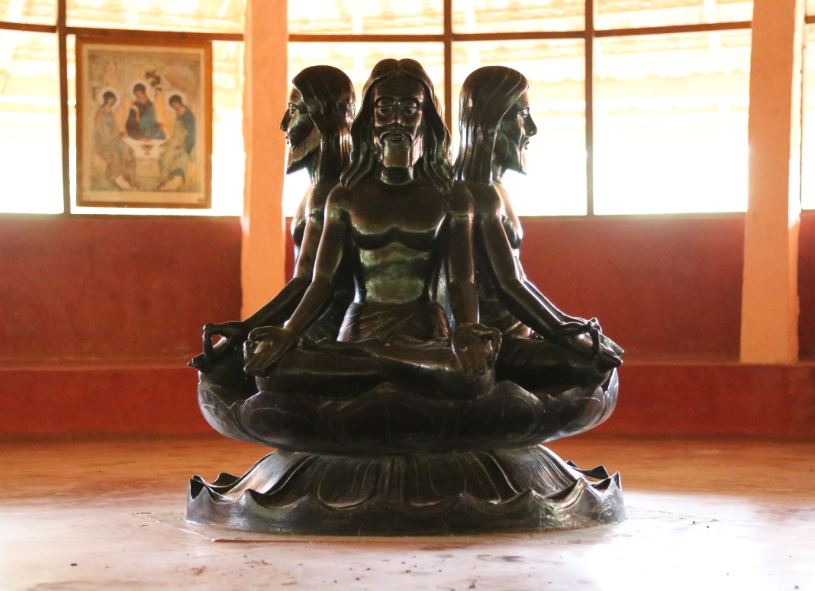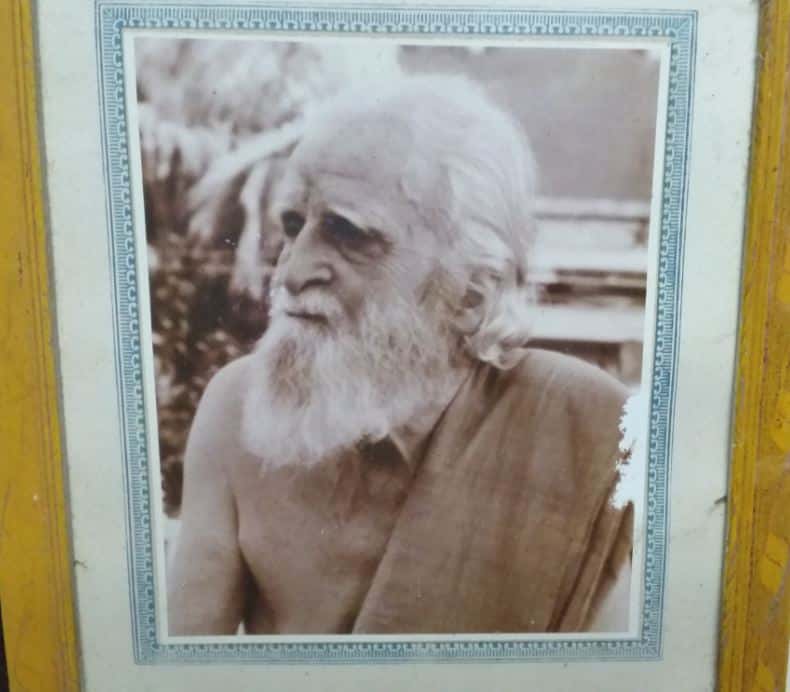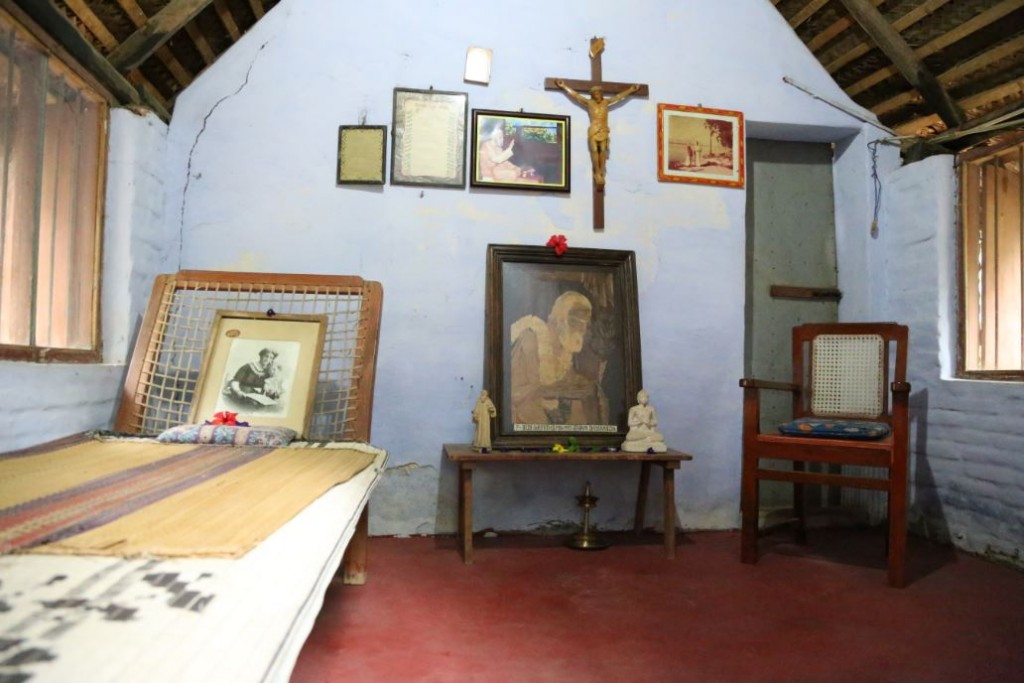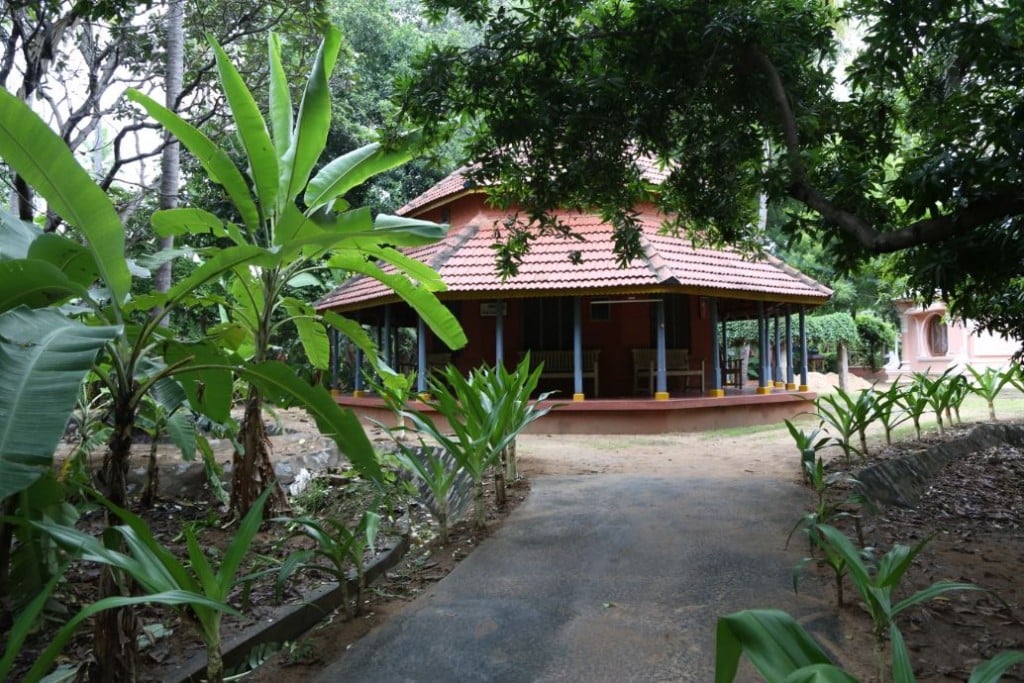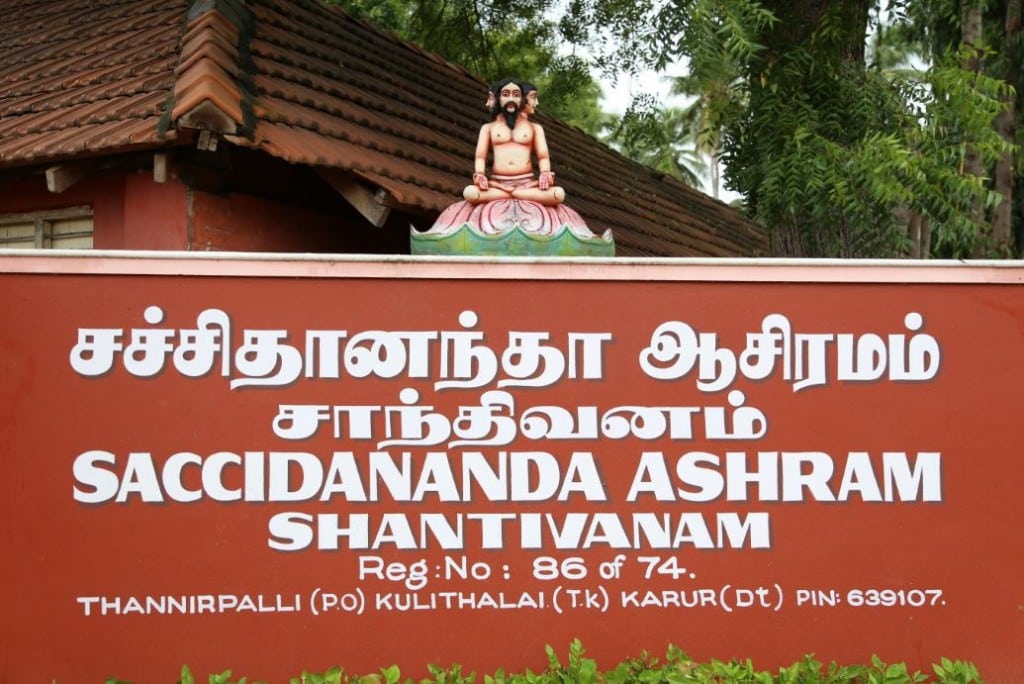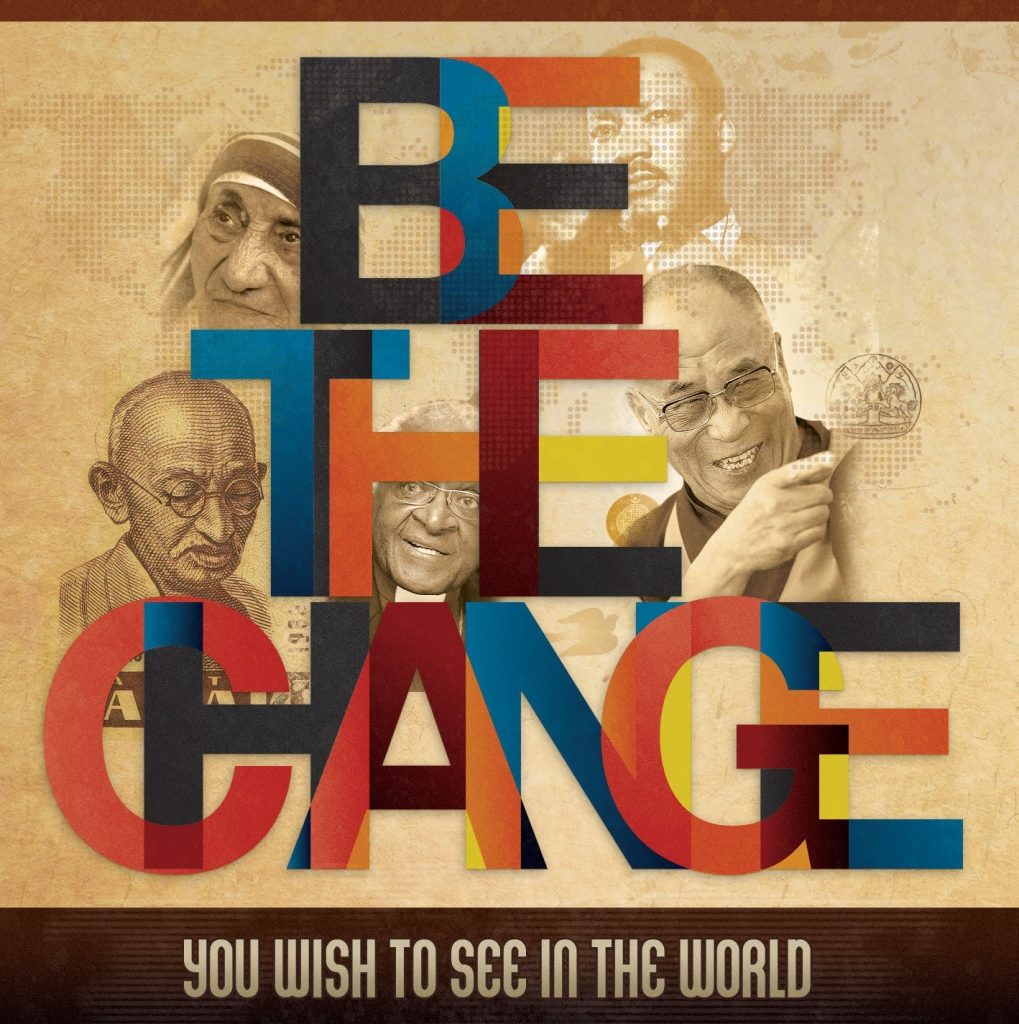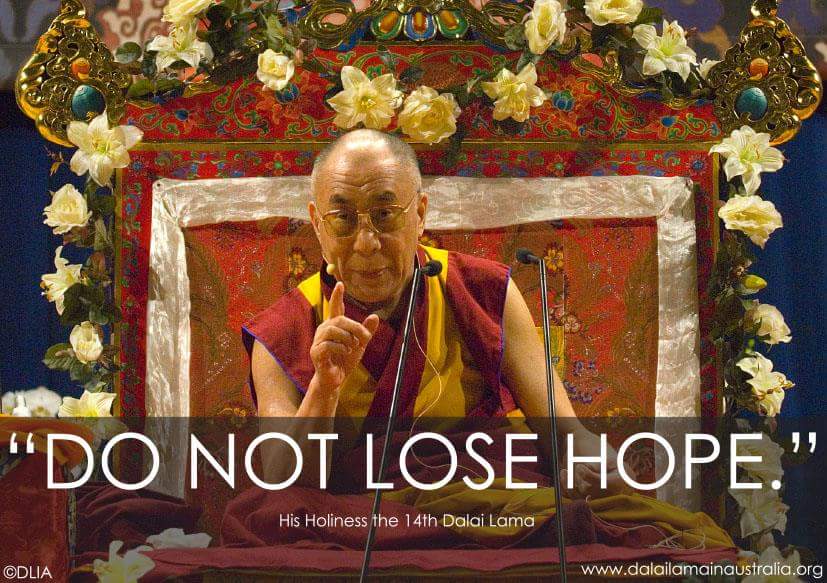
The ‘No’ campaign against marriage equality in Australia’s upcoming plebiscite is a poisoned chalice for conservative Christians. The ‘No’ campaigners have misunderstood what this poll is about and they have misjudged the mood of the very people on whom their future depends. This is not a plebiscite about our personal views on marriage – it is a plebiscite about the kind of society we want to live in. Do we want a society where the human rights of minorities are protected under law? Or do we want a society where the majority gets to pick and choose which human rights minorities should have? The first is a democracy. The second is a theocracy. People of all traditions can thrive in a democracy. In the world’s theocracies, minorities are persecuted and women are subjugated.
Let me address you directly if you are a conservative Christian: I’ve been where you are. I am a straight white male and did a theology degree at a conservative college. It wasn’t until I had gay friends that my understanding began to change. But I am not going to argue that you should change your personal views on marriage. Others have done that far better than I could (e.g. here and here). You don’t have to agree with marriage equality personally. That is not what this is about. Instead I will argue that if you care about the protection of religious freedoms, and care about the persecution of Christians around the world, you should care about strengthening secular liberal democracies and so you should vote ‘Yes’ to support marriage equality.
Democracies are not built primarily on consensus and unity. We don’t all have to share the same views. Healthy democracies are instead built on agreed principles for managing non-consensus and diversity. Democracies flourish not only despite diversity, but because of it. And the best model of governance we have come up with to manage non-consensus constructively, and to protect religious freedom, is secular liberal democracy, where the rights of minorities are upheld and protected by law.
Six steps to bigotry
A common approach of the ‘No’ campaign is illustrated by an article called, without a trace of irony, ‘I oppose same-sex marriage (and no, I’m not a bigot).’ But this article and others like it, perfectly illustrate the logic of prejudice, literally pre-judging, or bigotry, in six steps:
- Step 1. Take one particular view of ‘traditional marriage’ from one particular tradition as being paradigmatic for all (e.g. ‘biological duality for procreation’).
- Step 2. Ignore multiple exceptions from within that tradition (e.g. polygamy) and across other cultures (polygamy, polyandry and gay marriages etc.).
- Step 3. Argue that this particular definition should apply for all time, even in a secular democracy.
- Step 4. Implicitly support the view of governance that the majority should be able to impose its religious views on minorities.
- Step 5. Use the ‘traditional’ definition of marriage to pre-judge and deny the reality and validity of other forms of marriage: “It will be called marriage, but it won’t be marriage as we know it. It won’t be ‘marriage equality’: it will be an entirely new thing.” Nonsense – that is textbook bigotry: it’s not how we do it, so it’s not real.
- Step 6. Ignore the abundant evidence that the ‘debate’ is drawing out hateful, bigoted and emotionally damaging arguments directed against LGBTI people who are some of the most isolated, vulnerable and historically marginalised and persecuted people in our societies.
Is there a more fruitful approach? I believe there is.
Our understanding of human rights is evolving
We are fundamentally discussing a question of equal recognition under the law, which has enormous practical implications for gay couples. ‘No’ campaigners say that marriage equality is not a human right, but clearly our understanding of human rights is evolving.
Previously the churches have denied the rights of non-Christians, Christians of other denominations, slaves, free African Americans, Australian indigenous people, and women – especially in leadership. In every single case those churches found themselves on the wrong side of history, and, I would argue, on the wrong side of the movement of God’s Spirit towards greater love, freedom and flourishing.
The moral authority of the churches in the wake of the child sex abuse scandals is at its lowest ebb for hundreds of years – perhaps ever. People are turning away in droves and the demographic trends for the churches in the West are catastrophic. I can think of no better way of inoculating younger people against the message of Jesus than this ‘No’ campaign. Except perhaps the child sex scandals. And the churches’ hopelessly inadequate response on climate change. And their complicity in the policies which have led to massive inequality and the slashing of aid and social services, so that the good Christian burghers in the leafy suburbs can get their tax cuts. Or the support of so many conservative Christians for Australia’s indefinite detention of genuine refugees and asylum seekers in inhumane conditions. Shall I go on?
From a secular perspective, and from the perspective of the vast majority of younger people, on whom the future of the churches depend, marriage equality is most definitely a human rights issue – and a pretty straightforward one at that. From this perspective, the conservative churches backing the ‘No’ campaign, with their moral authority already in tatters, look like reactionary troglodytes continuing their centuries old persecution of a vulnerable minority, just like the churches who supported slavery, segregation, and the denial of women’s rights, and the sooner they are swept into the dustbin of history the better. If the ‘No’ vote succeeds, and the churches have contributed to its defeat, the inevitably temporary ‘victory’ will be bitterly resented by most younger people who are already disgusted with the conservative churches’ lack of leadership on issues like climate change. So I ask you, conservative Christian: How on earth does any of that serve the cause of Christ?
The desire for same-sex marriage is not new
The one man-one woman model of marriage is certainly the most common model, and is indeed that practiced by the majority. But so what? From a secular, religiously-neutral perspective, does this make it the only possible valid expression of marriage between consenting adults? Of course not. That has never been true historically globally and it is certainly not true now. The claim that the one man-one woman model is not just the majority but the ‘universal’ view until about twenty years ago is simply false. It is also akin to arguing that women were never interested in political representation until they formally began agitating for universal suffrage in the 1800s. It can take centuries for the long-held desires of an oppressed group to finally burst through the cracks in the system into the collective consciousness. That’s what we saw with the anti-slavery campaigns. That’s what we saw with the women’s suffrage movement. That’s what we saw with the civil rights movement. And that is what we’re seeing now with LGBTI recognition. The desire for same-sex marriage is not new. It is only the legal possibility in Australia that is new.
But, but … the slippery slope!
Please. There has been some spectacular idiocy on display with people arguing that if we allow marriage equality, then people will be wanting to marry all kinds of things – pets, farm animals, trees, pandas, garden furniture perhaps. In general slippery slope arguments are extremely weak, because the simple response is that if another question arises, then we discuss it and use our judgement based on the objective evidence like mature adults. And no, this certainly does not open the gates to the marriage of children, because the rights of children are also protected by the requirements of informed consent, and we have a much greater understanding nowadays of the need for a child to be of a certain age and stage of brain development before informed consent around sexual activity or marriage is even possible. In other words, there are watertight, evidence-based arguments against child marriage, whereas there are none that would prevent marriage equality between consenting adults.
What kind of society would you want to live in if you didn’t know your position beforehand?
Let’s try a thought experiment: you get to choose the system of government you want to live under. You can choose either a secular liberal democracy where the rights of all citizens are protected under law. Or you can choose a form of government where the majority decides what rights minorities will have. Now, the kicker is that you don’t know in advance whether you’ll be in the majority or the minority. And for some added realism, let’s assume you have to choose before you’re born. You might be born a straight white able-bodied male. Or you might be born a person of colour. Or a woman. Or an LGBTI person. Or a person with a physical or mental disability. What system will you choose? Be honest.
It seems to me that if you support the ‘No’ campaign, you want the second option, where the majority decides what rights minorities will have. I hope it is clear that this is precisely the same political logic by which the rights of Christians in some Muslim majority countries are being crushed under Sharia law. That’s how theocracy works. So I have two questions for conservatives:
- Are you so hypocritical that you would support theocratic majority-rule if you’re in the majority, but secular liberal democracy if you’re in the minority?
- Are you so blind that you cannot see that your approach weakens the very institution of secular liberal democracy which you should be trying to strengthen globally in order to end the persecution of Christians?
The non-scriptural arguments against marriage equality are dishonest
The arguments being mustered to support a ‘No’ vote are toxic because they are fundamentally disingenuous and dishonest. They are not motivated by an objective consideration of the evidence, but by a prior conviction about what can count as a ‘real’ marriage based on particular interpretations of particular scriptures. Non-scriptural arguments are then sought and cherry-picked, however dubious their quality, to support the supposedly scriptural position. And that is precisely why the arguments in this plebiscite are so damaging.
The ‘No’ campaign, including many church leaders, are using all manner of specious arguments to support a position which does not in fact derive from those weak arguments, but is rooted instead in a particular interpretation of scripture. And in propagating those half-baked non-scriptural ‘No’ arguments, a torrent of damaging disinformation is being disgorged into the public arena and onto some of the most isolated, vulnerable and historically marginalised and persecuted people in our society. LGBTI people are being told they are damaged and deficient, that their relationships are inadequate, that they cannot be good parents, and on and on the vile, poisonous lies flow. None of this toxic nonsense is supported by objective evidence, and it should be beneath people of supposed integrity to propagate such hateful and damaging falsehoods.
Some suggestions for the ‘No’ campaign
So by all means conservatives, make the case for your traditional view of marriage – our secular liberal democracy gives you that right after all. But stick to scripture and frame your arguments as your religious beliefs. If you go further and argue that you should have the right to legislate that view, or worse, start disparaging LGBTI people and their relationships, do so knowing the incredibly damaging effect you are having on LGBTI people, on the reputation of the churches, which are increasingly seen as morally bankrupt, and on the ability of generations of Australians to hear the message of Jesus.
Please encourage all of those on the ‘No’ side to have the integrity to make their case explicitly and solely on the basis of their interpretation of the scriptures of their tradition – and for added integrity points, make it clear that there are alternative interpretations by well-respected theologians who fully support marriage equality. And please encourage your conservative compatriots not to pollute the discussion with pseudo-scientific, spurious and hateful claims about the mental health of LGBTI people, the quality of LGBTI relationships, the abilities of LGBTI couples to be good parents, or baseless claims that these relationships can’t possibly be considered a marriage by definition, simply because your tradition doesn’t recognise them. That is the very essence of bigotry.
If you’re a conservative, vote ‘Yes’
Many conservative clergy and pastors seem unable to comprehend, from within their ecclesiastical bubbles, that the moral reputation of the church in the West is in freefall – for reasons which have nothing to do with upholding the message of Jesus. The ‘No’ campaign is only accelerating that decline. It is a pointless, damaging campaign that will inevitably be lost, if not this time, then the next, simply because in a secular democracy there are no sound evidence-based reasons to deny marriage equality and an overwhelming human rights principle of equality under the law to affirm it.
If Christians acknowledge that a governance framework that protects the religious freedoms of minorities is essential to protect the churches in countries where Christians are a minority, then they should uphold and protect the principles of secular liberal democracy. And in a democracy, the human rights of all must be upheld. That is why, even if you are a conservative Christian who might personally be opposed to same-sex marriage, you should vote ‘Yes’ to support marriage equality – and do so with a clear conscience. Right now, Christian minorities around the world need non-Christians to support their human rights and to stand up for their personal and religious freedoms. One day you might too. That is how a democracy works and that is how we can flourish together.


